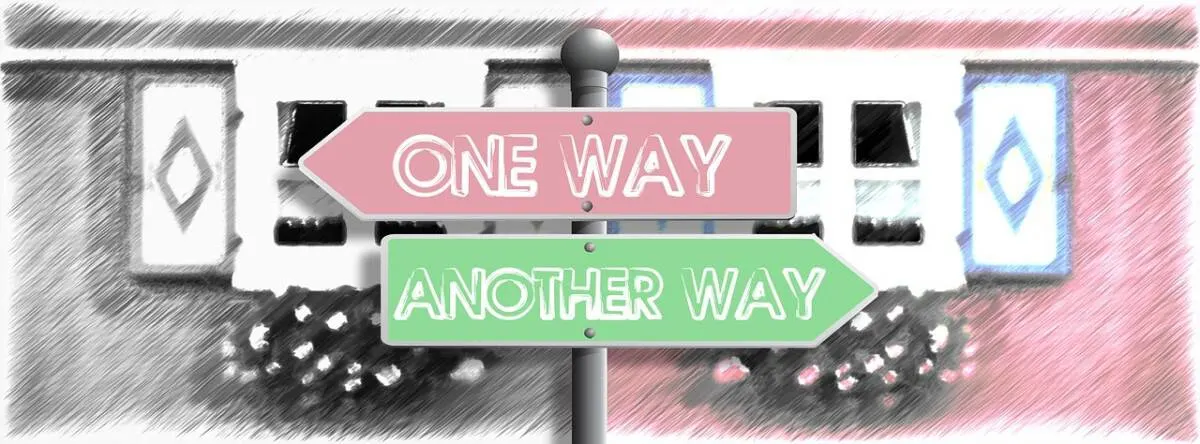It’s incredible how such a little punctuation mark as the apostrophe has the power to change the meaning of a word. The real challenge comes when deciding where to place the apostrophe to denote the possessive singular or the plural possessive form of a word, as in customer’s compared to customers’. Use customer’s with the …
Kallen Anluan
In his engaging book, The Sense of Style, Steven Pinker talks of writing style as “the effective use of words to engage the human mind.” There are rules of written and spoken language, but many of these rules are contradictory or specific to the writer/speaker’s culture and his or her audience. Such is the case …
Individuals attempting to learn the English language will often find themselves at their wits’ end as one of the most complex languages to navigate, mostly due to grammatical structure. When it comes to the possessive form, a brand-new challenge presents itself in the form of the plural possessive, especially where it concerns words that end …
In the English language, we use the word “whether” as a conjunction, which means we use it to connect sentences or clauses or to differentiate between two things that are either happening at the same time or are possible at the same time. Generally speaking, the word “whether” can be substituted with the word “if” …
There’s a variety of common expressions you hear people say when conversing in American English. One of these expressions is “most definitely”. Accordingly, part of mastering American English understanding the different ways you can correctly use this phrase. There are two primary ways to use the phrase “most definitely.” The first way is to give …
Writing from the first-person point of view is often the easiest and least formal perspective from which to write. But many times, you’ll find that nearly all of your sentences begin with the letter I, which can make things sound repetitive and even dull. Replacements for I included myself, me, the writer, the author, the …






